Keywords: Concern Australia
There are more than 200 results, only the first 200 are displayed here.
-
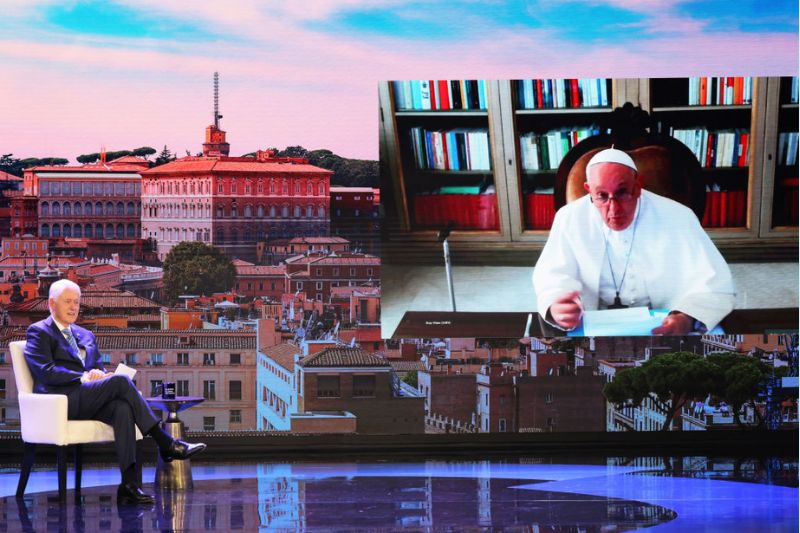
ENVIRONMENT
- Stephen Minas
- 07 February 2024
Recently Pope Francis’ approach is to speak in direct – sometimes blunt – terms about the shortcomings of climate action in recent years, suggesting that we need a system of climate justice that is not built on the backs of the poor.
READ MORE
-

AUSTRALIA
- Andrew Hamilton
- 31 January 2024
4 Comments
What links the debate about the conduct of the war between Israel and Hamas in Gaza, the detention of children in a crowded and under-resourced Cairns watch house, and British legislation to send asylum seekers to Rwanda?
READ MORE
-
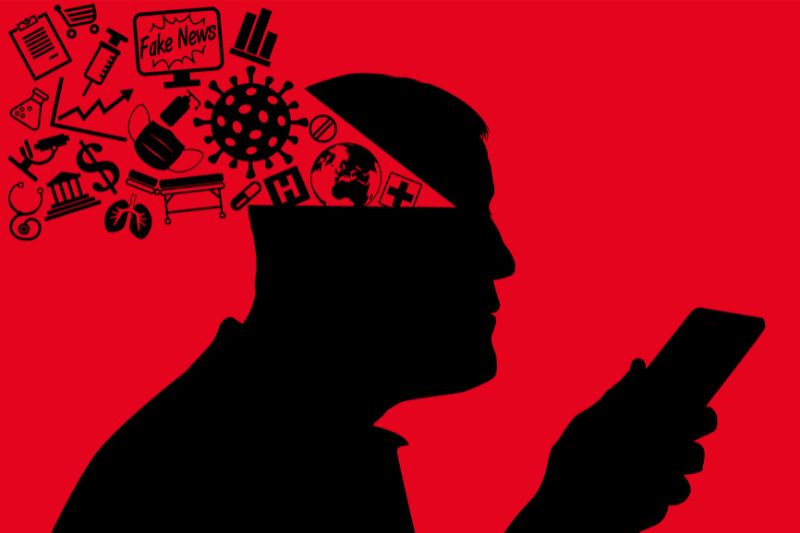
AUSTRALIA
- Frank Brennan
- 11 January 2024
As the government drafts legislation to stem the rising tide of misinformation circulating online, the nation debates: will these measures sufficiently regulate online content and curb potential harms or threaten freedom of expression? This moment is a critical test for the integrity of Australia's public discourse.
READ MORE
-
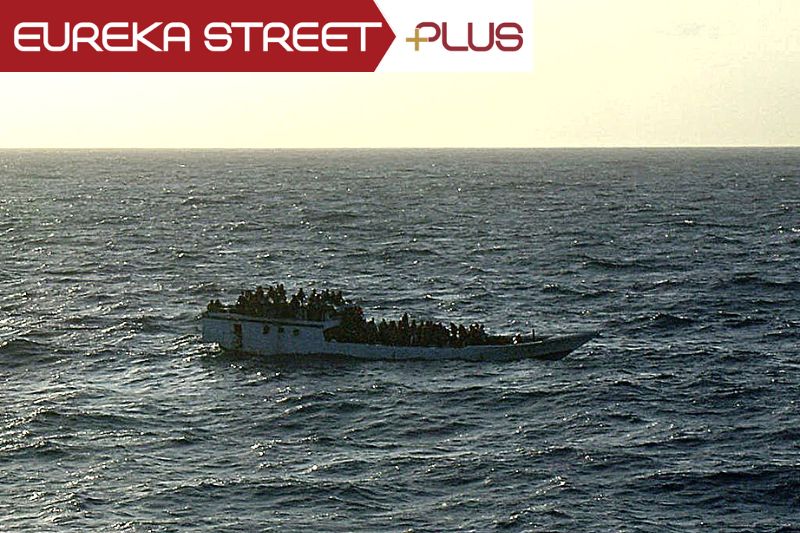
AUSTRALIA
- Kerry Murphy
- 04 January 2024
Throughout recent decades of Australian history, the stance every government has taken on asylum seekers has reflected the shifting political landscapes and challenging humanitarian issues that have continually shaped Australia's response to those seeking refuge.
READ MORE 
-
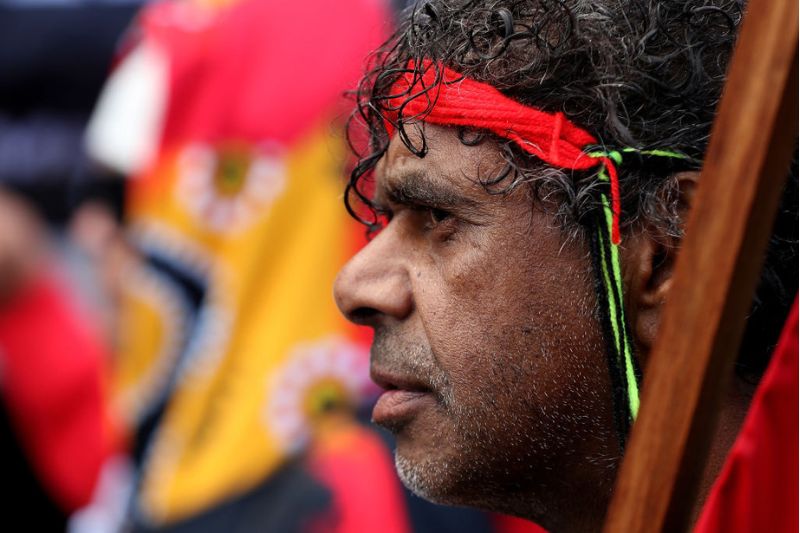
AUSTRALIA
- Celeste Liddle
- 04 January 2024
Later this year, Australians will vote on a referendum to enshrine an Indigenous Voice to Parliament, but many Indigenous Australians remain undecided, reflecting the complexities of the issue. The debate over the Voice to Parliament extends beyond the referendum question to encompass broader concerns about the constitution, treaties, and achieving true equality.
READ MORE
-

INTERNATIONAL
- Philip Mendes
- 04 December 2023
2 Comments
For over 40 years, I have supported a two-state solution to the Israeli-Palestinian conflict. That term means two states for two peoples. Such an outcome can only come about as the result of peaceful negotiations that advance compromise and moderation on both sides.
READ MORE 
-

AUSTRALIA
- Frank Brennan
- 09 November 2023
4 Comments
As the government drafts legislation to stem the rising tide of misinformation circulating online, the nation debates: will these measures sufficiently regulate online content and curb potential harms or threaten freedom of expression? This moment is a critical test for the integrity of Australia's public discourse.
READ MORE
-
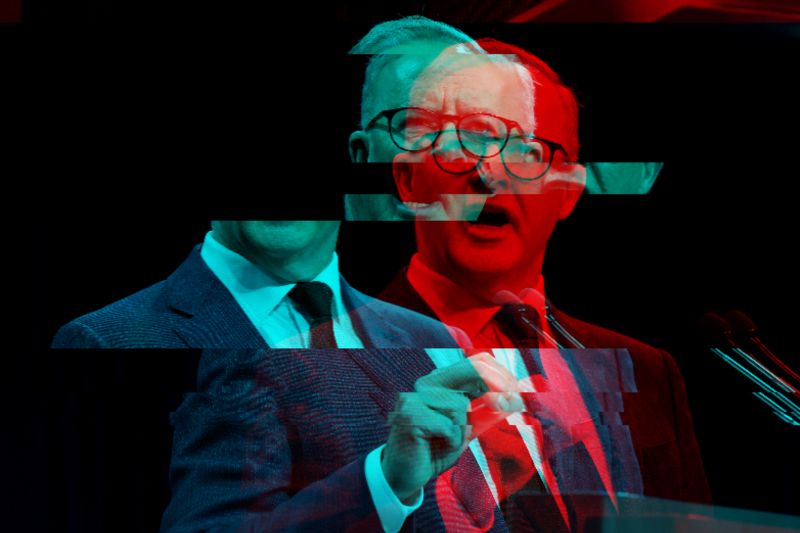
AUSTRALIA
- Julian Butler
- 02 November 2023
1 Comment
The proposed Misinformation Bill straddles the delicate balance between freedom of speech and the rising threat of misinformation, posing a challenge that could redefine the landscape of media and public conversation. The problem goes beyond discerning the truth, but determining how a democratic society identifies it amid a sea of conflicting voices.
READ MORE
-
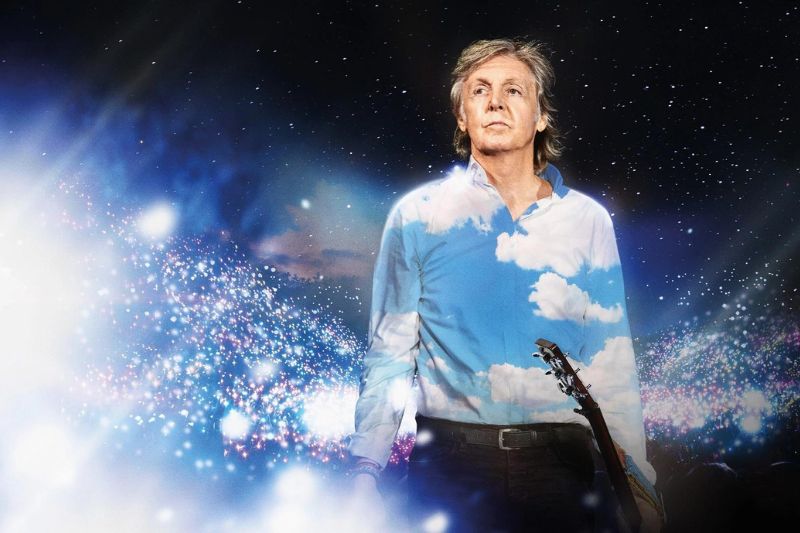
ARTS AND CULTURE
- David Rowland
- 25 October 2023
1 Comment
Paul McCartney's concerts evoke a communal magic, lighting up arenas with shared cultural memory spanning generations. Seeing the legendary musician perform in concert, retaining a youthful vigour, the experience can feel like a poignant rendezvous across time.
READ MORE
-

AUSTRALIA
- Andrew Hamilton
- 04 October 2023
4 Comments
An examination of school reading lists and libraries unveils striking parallels with the debates and concerns surrounding the Referendum, highlighting the pervasive societal anxieties and the intricate interplay of national identity and values, and the ongoing need for empathy.
READ MORE
-

AUSTRALIA
- Adrian Rosenfeldt
- 29 September 2023
12 Comments
Amid the rise of 'no religion' among young Australians, there is a nuanced narrative of spirituality with demonstrated potential to alleviate some mental health concerns. With a prominent strain of individualism pervading today's culture, might revisiting spiritual connectedness provide young people with a needed respite?
READ MORE
-

AUSTRALIA
- Michele Gierck
- 22 September 2023
Can genuine dialogue influence societal change? In discussion with Professor Joe Camilleri, Michele Gierck explores initiatives to achieve productive public discourse, and the transformative power of conversation as our most effective catalyst for global change.
READ MORE 